Nearly Rs 10 bn in irregularities and corruption in Pokhara Intl Airport: Parliamentary subcommittee
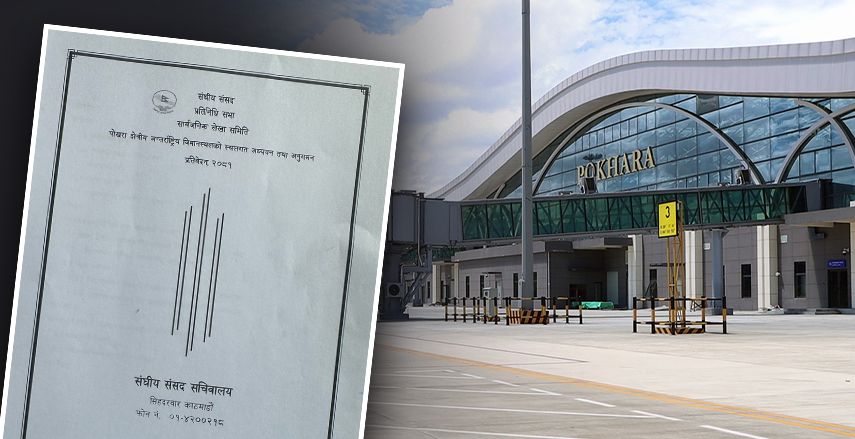
KATHMANDU: A parliamentary subcommittee investigating the construction of Pokhara International Airport has uncovered massive financial irregularities and corruption amounting to nearly NPR 10 billion. The draft report prepared by the Public Accounts Committee’s subcommittee, led by Rastriya Prajatantra Party (RPP) Chairman Rajendra Lingden, points to irregularities under 11 different headings.
The report, currently under review by members of the subcommittee, accuses multiple actors involved in the airport’s construction of violating contractual obligations, mismanaging public funds, and engaging in questionable financial practices. Some lawmakers, including Lingden himself, have already signed the draft, while others have requested additional time for review.
Key Findings of the Subcommittee Report
NPR 320 Million Paid Illegally for Hill Excavation
According to the contract with the Chinese contractor, all required infrastructure, including clearing the hill (Chinedanda) in front of the airport, was to be completed by the contractor. However, the Civil Aviation Authority of Nepal (CAAN) paid NPR 320.2 million to a separate contractor, in direct violation of the agreement. The subcommittee labeled this payment as outright corruption.
Irregularities in HVAC Installation
Despite contractual provisions that all airport facilities were to be installed by the Chinese contractor under the project’s budget, CAAN separately paid USD 742,659 for the installation of an HVAC system—an act the subcommittee has categorized as an irregularity.
Over NPR 1.27 Billion Paid for Drainage Work Never Completed
CAAN paid USD 10.648 million for the construction of drainage systems, taxiways, and aprons. However, the subcommittee found evidence suggesting that the work was either substandard or not completed at all.
Questionable Soil Compaction Payments
USD 4.435 million was paid for soil filling and compaction in designated areas of the airport. Yet, the subcommittee raised concerns that no actual work was performed, despite the payment.
No Soil Brought from Outside
Though the site lacked sufficient soil, USD 5.5 million was paid under the claim of importing soil from outside. The subcommittee found no documentation or evidence that external soil was brought in and used for the project.
Falsified Soil Height and Thickness
The airport’s runway was supposed to be raised by layering soil up to the required elevation and thickness. However, actual construction deviated from these specifications. For example, the planned elevation of 2,677 feet was not met; instead, the runway was constructed at just 2,636 feet, 20 feet lower than required.
Over NPR 2.5 Billion in Soil Work Alone Deemed Irregular
Cumulatively, the subcommittee concluded that over USD 22.25 million (equivalent to NPR 2.5 billion) spent on soil-related work was marred by irregularities or falsified documentation.
Unjustified Additional Work Payments
The contract set aside USD 15 million for unforeseen extra work. However, USD 20.4 million was ultimately paid under this heading—USD 5.2 million more than the agreed amount. The subcommittee considered this as clear misuse of funds.
Aviation Fuel Tank Never Built
The plan included a state-of-the-art aviation fuel tank costing USD 220,000. However, the tank was never constructed, and yet the funds were disbursed.
Massive Tax Exemptions Given Against Policy
The subcommittee revealed that tax exemptions totaling NPR 2.2 billion were granted to the Chinese contractor, despite the contract clearly stating that all tax liabilities would be borne by the contractor. These unauthorized exemptions were deemed to be one of the most serious instances of corruption, implicating ministers, secretaries, and multiple government bodies.
Improper Consultancy Payments
Although the contractor was responsible for appointing and paying a consultancy firm for the project, CAAN instead appointed and paid the consultants directly, costing the government USD 2.8 million—an act the subcommittee termed as corruption.
Lingden: “Deliberate Policy-Level Corruption”
Subcommittee coordinator Rajendra Lingden said the cost of the airport project was deliberately inflated. “What began as a NPR 14 billion project ballooned to NPR 22 billion due to manipulative negotiations and poor governance,” he said at a press conference following a party meeting.
He added that more than NPR 2 billion worth of tax exemptions were part of deliberate policy decisions to facilitate corruption. “This is not just administrative negligence—this is policy-level corruption,” Lingden declared.
Loan Agreement and Repayment Burden
Nepal signed a loan agreement with China for the project on March 21, 2016 (8 Chaitra 2072 B.S.), securing CNY 1.37 billion, of which CNY 355.9 million was interest-free. The remaining loan must be repaid by 2035. At the exchange rate at the time of the agreement, the total loan stood at NPR 22.61 billion. Nepal is required to pay around NPR 840 million annually in interest to China Exim Bank.
Despite the massive expenditure, the airport has yet to commence regular commercial international flights.
Recommendations and Next Steps
The subcommittee has recommended that the Public Accounts Committee direct the Commission for the Investigation of Abuse of Authority (CIAA) to investigate those involved and initiate legal proceedings. Lawmakers are calling for a more in-depth investigation and prosecution of those responsible.
Congress MP Arjun Narasingha KC commented, “This is one of the most extensive corruption cases I have ever seen in Nepal’s infrastructure development history. I have signed the draft report after my review, and now it will be submitted to the main committee for further action.”




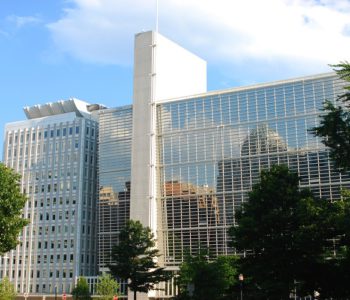



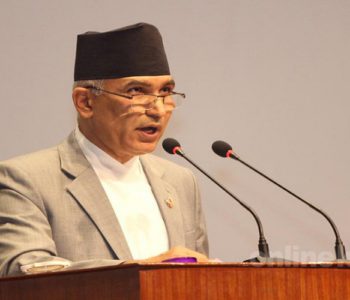
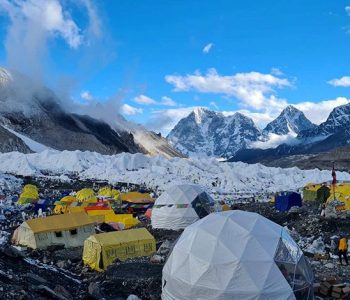
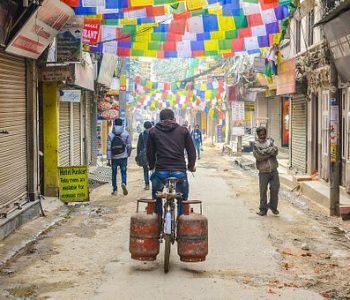
Facebook Comment